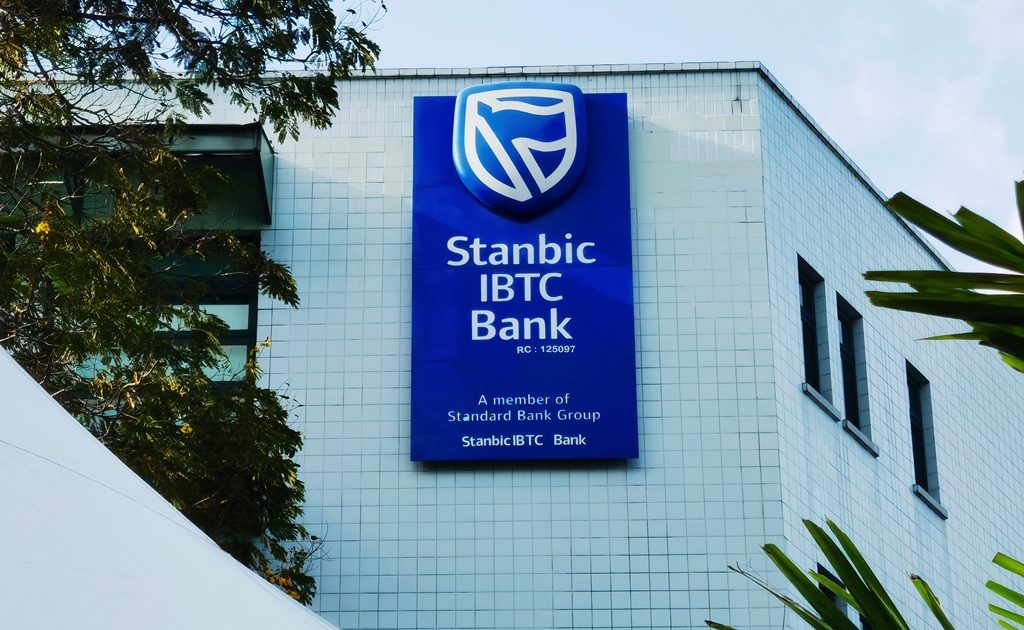The Nigerian private sector experienced a continued upswing in March 2025, marking the fourth consecutive month of growth and signaling a strengthening economic recovery. The Stanbic IBTC Bank Nigeria Purchasing Managers’ Index (PMI) revealed a robust expansion in output, new orders, and employment, exceeding the growth rates observed in February. This positive trajectory is attributed to a combination of factors, including an improving demand climate, increased hiring, and a deceleration in inflation, creating a more conducive environment for businesses to thrive. The headline PMI reached 54.3 in March, up from 53.7 in February, and significantly above the 50.0 mark that separates expansion from contraction. This figure represents the strongest performance since the beginning of 2024 and indicates a solid and sustained recovery in the private sector.
The surge in demand played a pivotal role in driving the private sector’s growth. New orders expanded for the fifth consecutive month in March, registering the fastest pace of increase in 14 months. This heightened demand fueled a corresponding rise in output, which also accelerated to its sharpest rate since January 2024. Growth was observed across all four sectors covered by the report – agriculture, mining, manufacturing, construction, wholesale, retail, and services – showcasing a broad-based recovery in the Nigerian economy. Manufacturing, in particular, experienced the most significant expansion in employment, indicating a revival in this crucial sector.
The positive momentum in the private sector translated into increased hiring activity. Companies expanded their workforce for the fourth consecutive month, with the pace of job creation reaching its highest level since August 2024. While some firms opted for contract-based hiring, the overall trend pointed towards a growing confidence in the economic outlook. This expansion in employment enabled companies to effectively manage their workloads despite the surge in new orders. Backlogs of work continued to decline for the tenth consecutive month, with some firms reporting complete clearance of outstanding business.
The decelerating inflation rate further bolstered the private sector’s performance. Input costs rose at the slowest pace since May 2023, providing relief to businesses grappling with escalating expenses. This moderation in cost pressures allowed companies to stockpile inputs, anticipating future business needs and capitalizing on the favorable price environment. Consequently, the pace of output price inflation also eased for the third straight month, reaching its lowest point since May 2023, although staff costs continued to rise as companies sought to support their employees amidst rising living costs.
Despite the robust performance in the first quarter of 2025, business confidence dipped slightly, reaching a three-month low. While still positive, the level of optimism regarding the 12-month outlook for business activity was weaker than the series average. Firms that projected growth attributed their expectations to planned advertising campaigns, business investments, and the opening of new branches. This slight dip in confidence might reflect lingering uncertainties in the global economic landscape and potential domestic challenges.
Overall, the Nigerian private sector exhibited remarkable resilience and growth in the first quarter of 2025. The combined effects of surging demand, increased hiring, and moderating inflation created a positive feedback loop, propelling the economy forward. The PMI data suggests a likely year-on-year growth of 3.9% in the non-oil sector during the first quarter, signaling a significant improvement in business conditions compared to the preceding quarter. While business confidence remains cautiously optimistic, the strong performance in key indicators points towards a continued recovery in the Nigerian private sector and sets a positive tone for the remainder of the year. Projections for the full year 2025 indicate a further improvement in the non-oil sector, supported by FX stability, improved FX liquidity, and anticipated reductions in borrowing costs. These factors are expected to contribute to a 3.4% year-on-year growth in the non-oil sector and a 3.5% overall economic growth in 2025.


